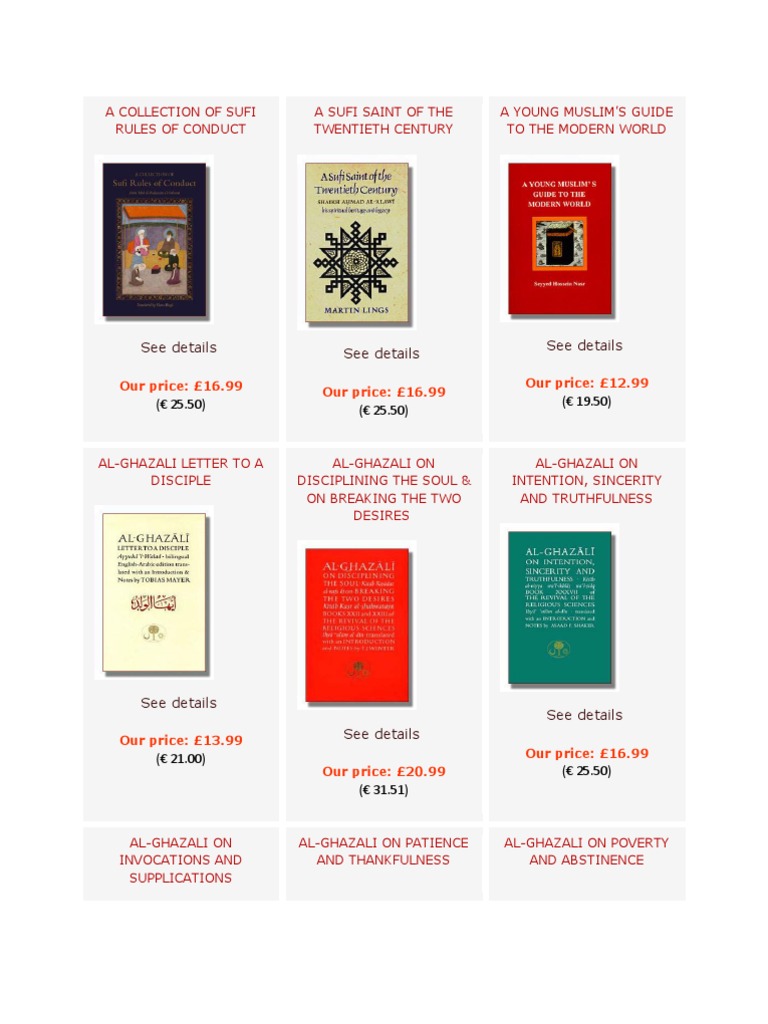
Breaking News
Main Menu
The Mysticism Of Hamzah Fansuri Pdf Download
среда 12 декабря admin 43
Written more than twenty years ago, this book is one of the most creative and original works of a Muslim thinker in the contemporary Muslim world. The author deals with fundamental problems faced by contemporary Muslims and provides real solutions, beginning with a discussion on ‘The Contemporary Western Christian Background’ in Chapter (I), followed by his analysis of the concepts (which he newly defines) of ‘secular’, ‘secularization’, and ‘secularism’ in Chapter (II). All this is then contrasted in Chapter (IV) of the book entitled ‘Islam: The Concept of Religion and the Foundation of Ethics and Morality’. Based on all the preceding explanation, the author proceeds to analyze the Muslim ‘dilemma’ by declaring that it should be resolved primarily through what he calls the “dewesternization of knowledge” or, conversely, the “islamization of contemporary knowledge”, an original concept conceived and elucidated by the author for the past three decades. Numerous original and profound ideas are contained in this book—arrived at chiefly through critical study of the Muslim tradition—such as the concepts of din,‘adl, hikmah, adab, ma‘na, and ta’dib, and their significance in the development of an Islamic system of education. The rationale for the islamization of contemporary knowledge and the establishment of a truly Islamic university was in fact provided for the first time in contemporary Muslim thought by this author long before the appearance of the present book, which explains these interconnected subjects more concisely.
The Mysticism of Hamzah Fansuri PDF Book by Syed Muhammad Naquib al-Attas 1970 ePub Free Download.
Ford travelpilot fx maps download. Further, the appendix entitled, ‘On Islamization: The Case of the Malay-Indonesian Archipelago’ is an actual explanation and application of the seminal ideas discussed in the book. This is a must read for all Muslims and those concerned with the problems and effects of secularization in our world today. This book has been translated into most of the major Islamic languages of the world— Turkish, Arabic, Urdu, Indonesian, Bosnian, and Persian. Description from the publisher: Information about the author — Syed Muhammad Naquib bin Ali bin Abdullah bin Muhsin al-Attas (1931-) Syed Muhammad Naquib al-Attas, born September 5, 1931 in Bogor, Java, is a prominent contemporary Muslim thinker. He is one of the few contemporary scholars who is thoroughly rooted in the traditional Islamic sciences and who is equally competent in theology, philosophy, metaphysics, history, and literature. His thought is integrated, multifaceted and creative. Al-Attas’ philosophy and methodology of education have one goal: Islamization of the mind, body and soul and its effects on the personal and collective life on Muslims as well as others, including the spiritual and physical non-human environment.
He is the author of twenty-seven authoritative works on various aspects of Islamic thought and civilization, particularly on Sufism, cosmology, metaphysics, philosophy and Malay language and literature. Al-Attas was born into a family with a history of illustrious ancestors, saints, and scholars. Download opera mini 8 untuk hp nokia c3. He received a thorough education in Islamic sciences, Malay language, literature and culture.
His formal primary education began at age 5 in Johor, Malaysia, but during the Japanese occupation of Malaysia, he went to school in Java, in Madrasah Al-`Urwatu’l-wuthqa, studying in Arabic. After World War II in 1946 he returned to Johor to complete his secondary education. He was exposed to Malay literature, history, religion, and western classics in English, and in a cultured social atmosphere developed a keen aesthetic sensitivity.
This nurtured in al-Attas an exquisite style and precise vocabulary that were unique to his Malay writings and language. After al-Attas finished secondary school in 1951, he entered the Malay Regiment as cadet officer no.
There he was selected to study at Eton Hall, Chester, Wales and later at the Royal Military Academy, Sandhurst, England (952 -55). This gave him insight into the spirit and style of British society.
During this time he was drawn to the metaphysics of the Sufis, especially works of Jami, which he found in the library of the Academy. He traveled widely, drawn especially to Spain and North Africa where Islamic heritage had a profound influence on him. Al-Attas felt the need to study, and voluntarily resigned from the King’s Commission to serve in the Royal Malay Regiment, in order to pursue studies at the University of Malaya in Singapore 1957-59. While undergraduate at University of Malay, he wrote Rangkaian Ruba`iyat, a literary work, and Some Aspects of Sufism as Understood and Practised among the Malays. He was awarded the Canada Council Fellowship for three years of study at the Institute of Islamic Studies at McGill University in Montreal.